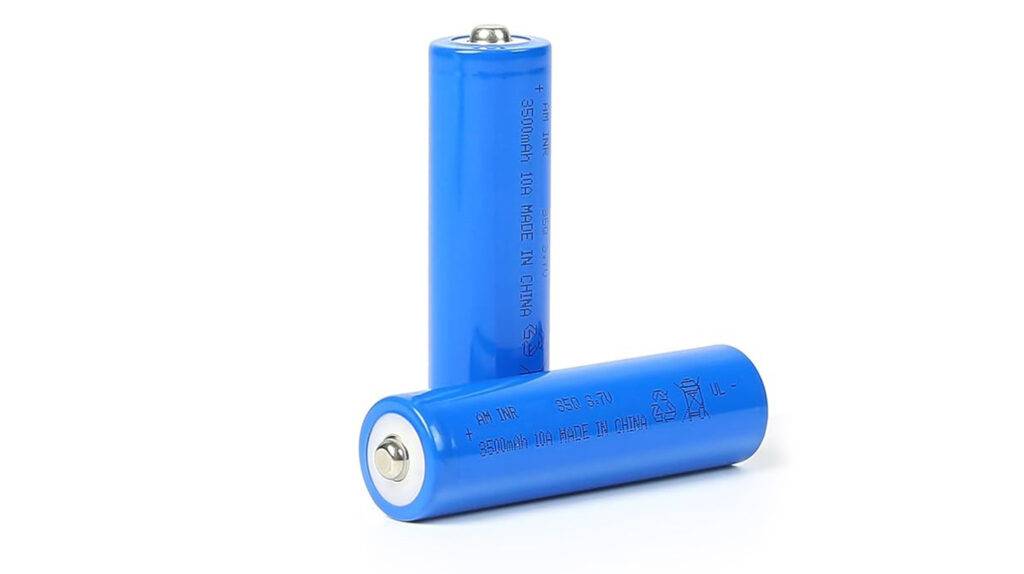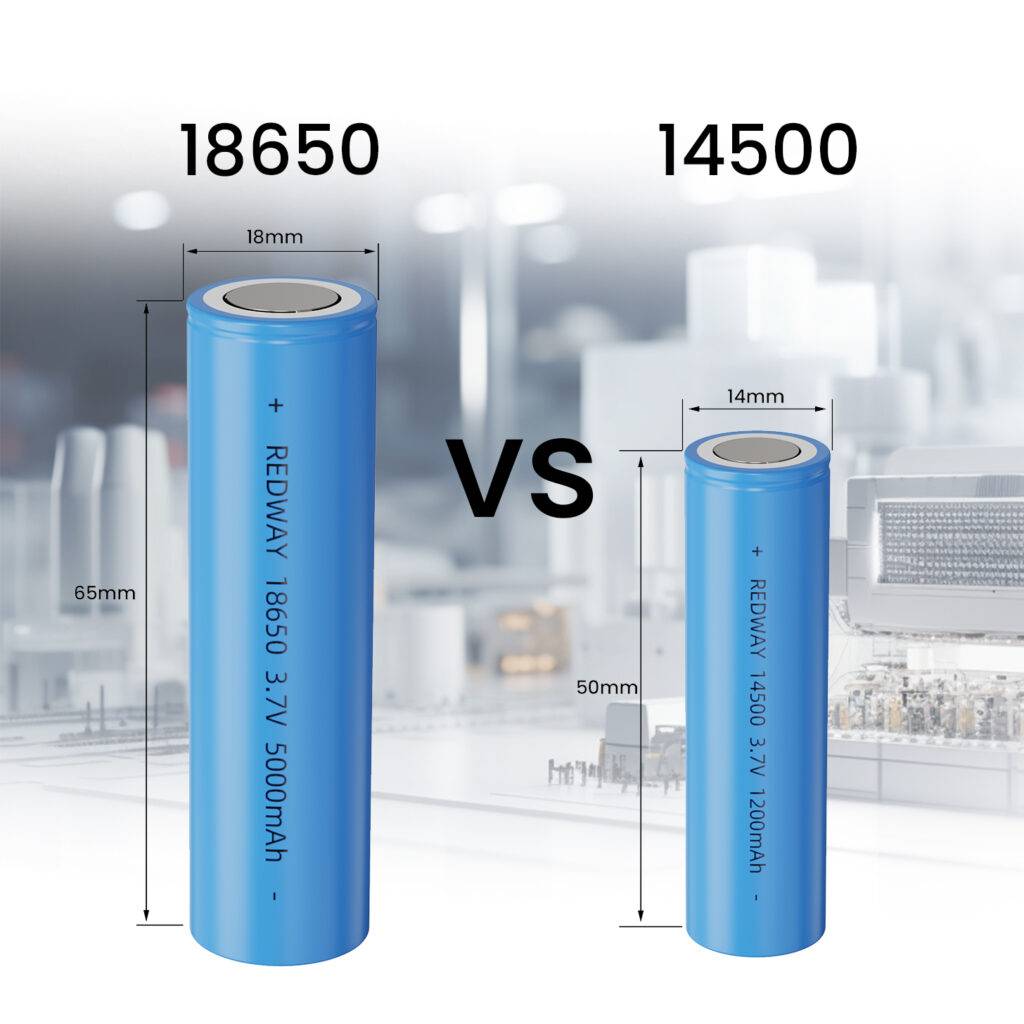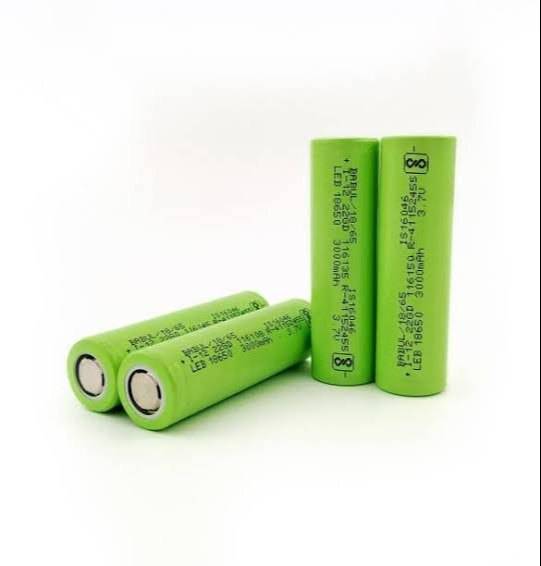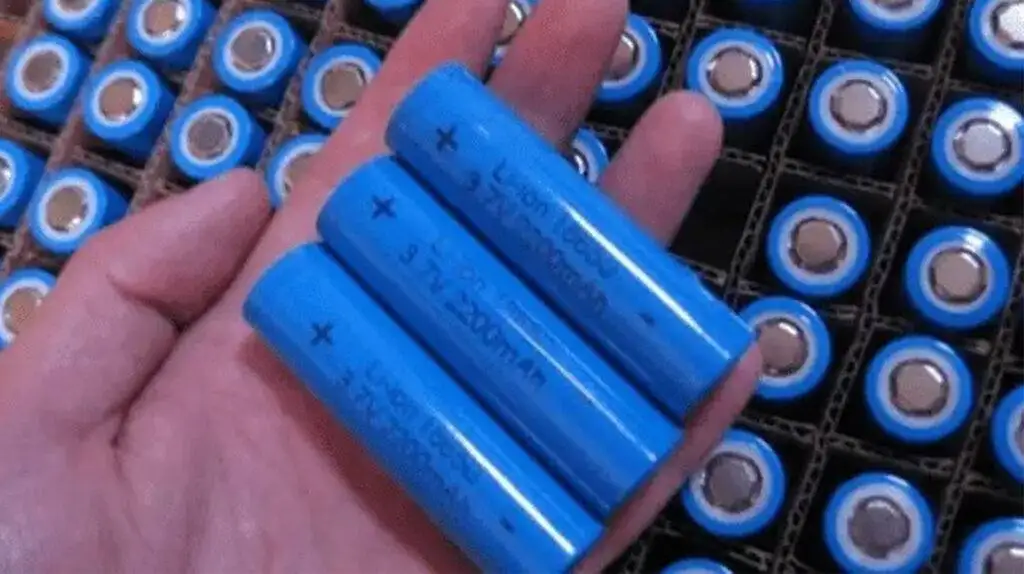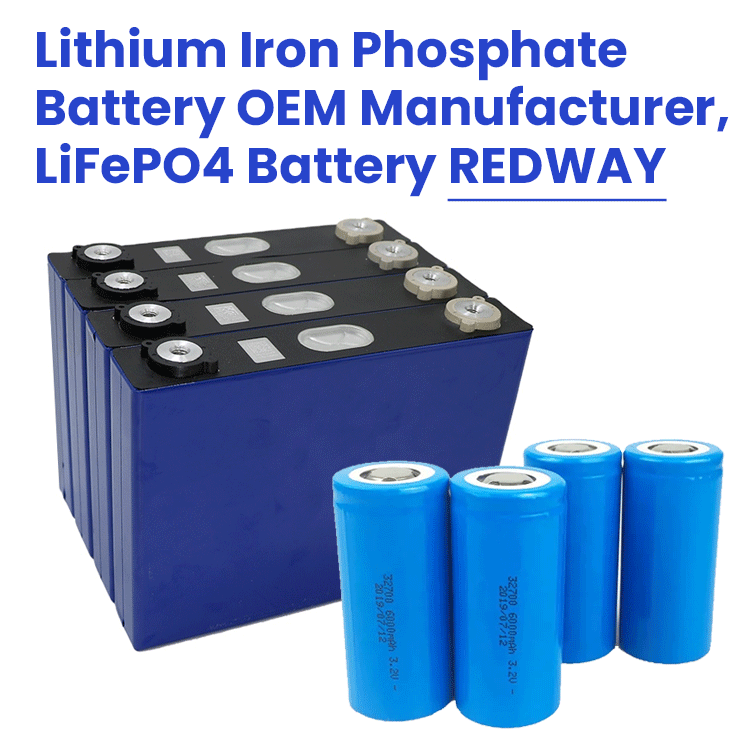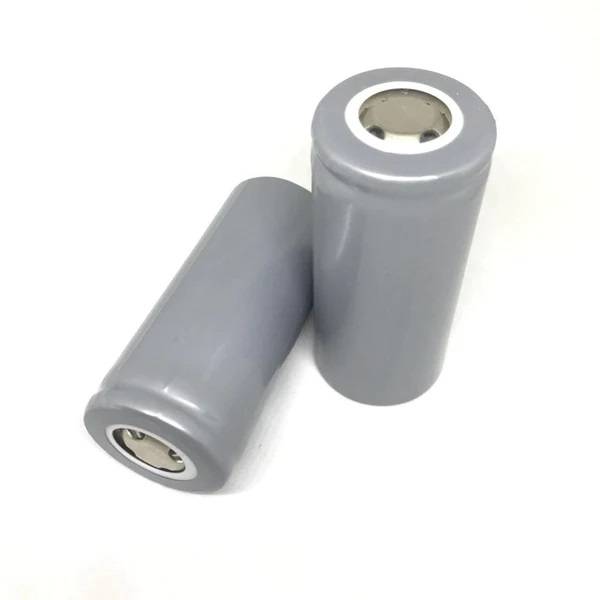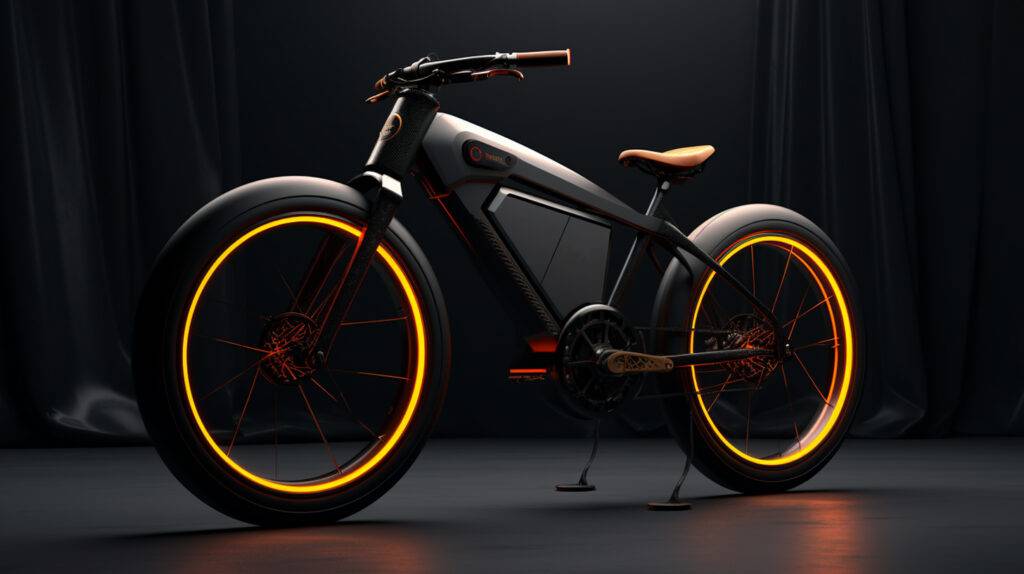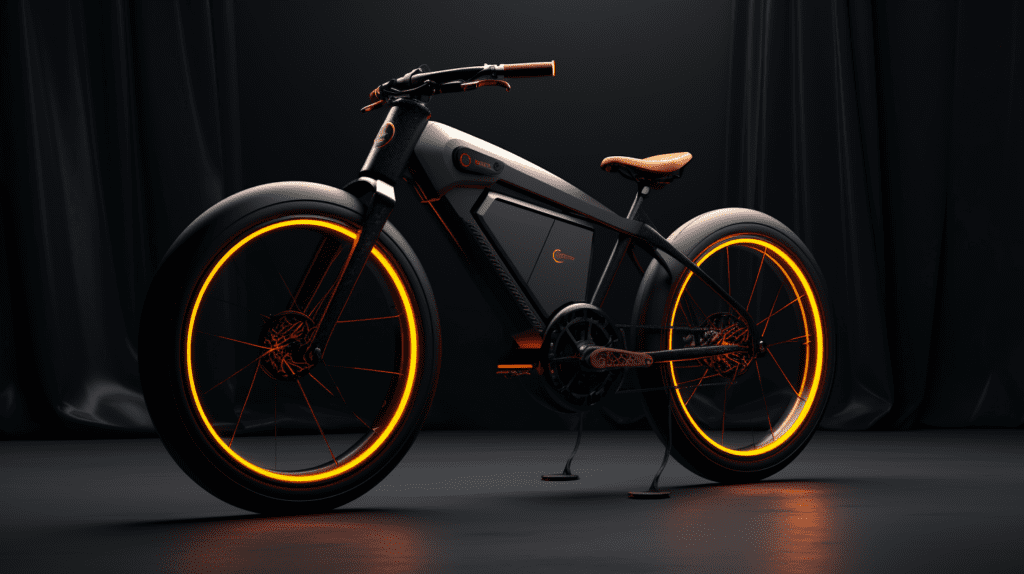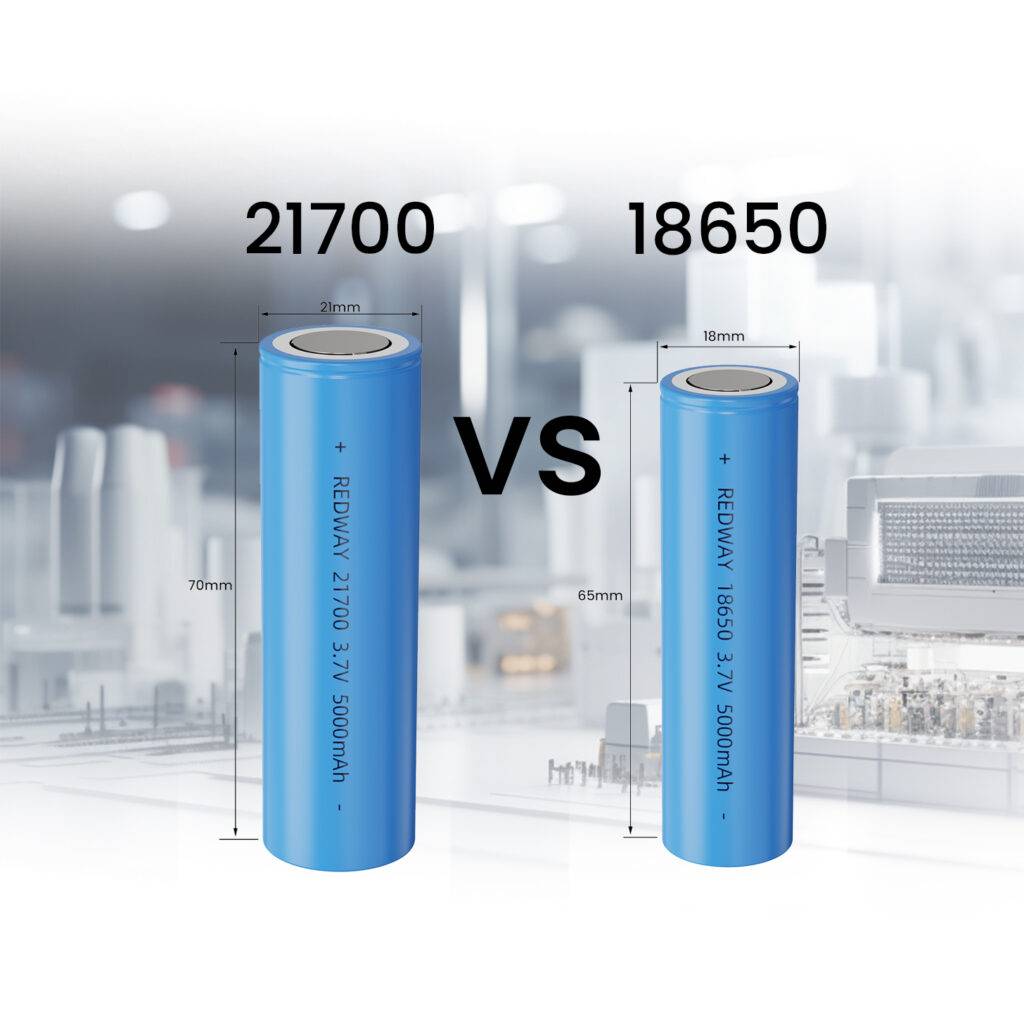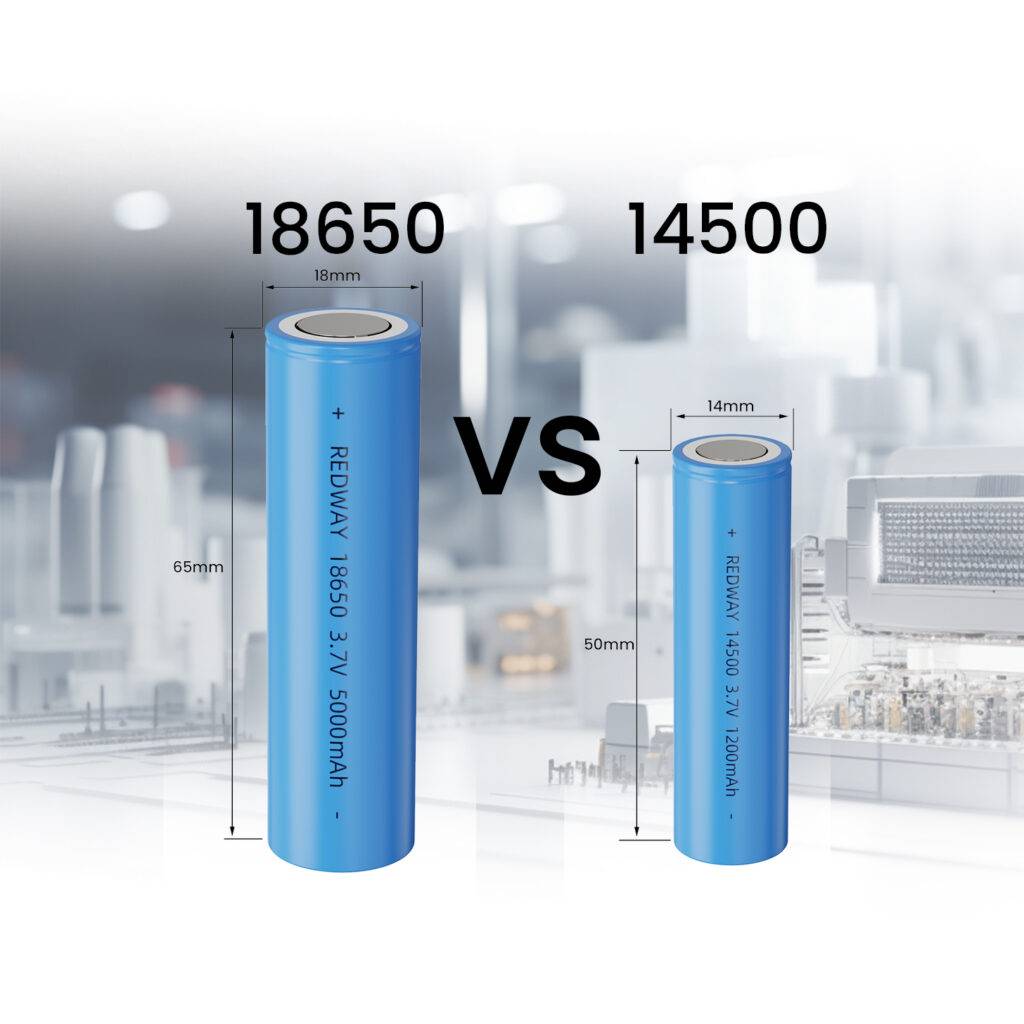When it comes to choosing the best 18650 battery for your e-bike, there are several factors to consider. The capacity, discharge rate, and compatibility with your bike’s controller all play a crucial role in determining the performance and range of your e-bike. Additionally, factors such as cell manufacturers, battery chemistry, voltage, features, budget, durability, and warranty period should also be taken into account. In this article, we will provide a detailed guide on how to choose the best 18650 battery for your e-bike, along with the top 10 questions and answers that wholesale lithium buyers may find helpful.
What is a 18650 Battery?
A 18650 battery is a type of rechargeable lithium-ion battery that is commonly used in various devices, including e-bikes. The name “18650” refers to the battery’s physical dimensions: 18mm in diameter and 65mm in length. These cylindrical batteries are known for their high energy density and are preferred for their compact size and efficient performance.
How to Choose the Best 18650 Battery for Your E-bike
1. Capacity: The capacity of a battery is measured in milliampere-hours (mAh). Higher mAh rating means more energy storage and longer range for your e-bike. Consider your desired range and riding needs when choosing the battery capacity.
2. Discharge Rate: The discharge rate of a 18650 battery is measured in terms of continuous current (C). A higher C rating indicates that the battery can provide more current without being damaged. For high-performance applications like racing or off-road riding, a higher continuous discharge rating is important.
3. Compatibility: Ensure that the 18650 batteries you choose are compatible with your e-bike’s controller. Check the specifications and requirements of your bike to ensure a proper fit.
Other Factors to Consider:
4. Cell Manufacturers: There are several reputable 18650 cell manufacturers, including Panasonic, LG Chem, Samsung, Sony, CATL, BYD, Toshiba, and A123 Systems. These brands are known for their quality and performance, so choose a battery from a trusted manufacturer.
5. Battery Chemistry: Different battery chemistries, such as FePO4, NCM, and NCA, have their own advantages and disadvantages. Consider factors like stability, energy density, power density, and cycle life when selecting a battery chemistry that suits your needs.
6. Voltage: Choose the 18650 battery voltage that matches your e-bike’s requirements. Higher voltage batteries provide more power, while lower voltage batteries offer less power.
7. Features: Some 18650 batteries come with built-in protection circuits (PCM) to safeguard against overcharging, over-discharging, overcurrent, short circuits, and cell balancing. These features enhance the safety and longevity of the battery.
8. Budget: Consider your budget when choosing an 18650 battery for your e-bike. While higher-priced batteries may offer advanced features, it’s essential to find a balance between quality and affordability.
9. Durability: Look for a high-quality and durable 18650 battery that can withstand extreme temperatures and maintain its performance over time. Check the specifications and customer reviews to ensure the battery’s reliability.
10. Warranty Period: A warranty period is crucial for peace of mind. Look for batteries that come with a warranty, allowing you to replace or repair the battery if it malfunctions within the specified period.
Top 10 Questions and Answers for Lithium Wholesale Buyers:
1. Which 18650 battery brand is the most reliable for e-bikes?
Reputable brands like Panasonic, LG Chem, Samsung, and Sony are known for their quality and performance.
2. What is the ideal capacity for an e-bike battery?
The ideal capacity depends on your desired range and riding needs. Higher capacity batteries offer longer range but may take longer to charge.
3. What is the recommended discharge rate for high-performance e-bikes?
For high-performance applications, look for 18650 batteries with a higher continuous discharge rating (C rating).
4. Can I use any 18650 battery for my e-bike?
It’s crucial to ensure compatibility with your e-bike’s controller. Check the specifications and requirements of your bike before purchasing a battery.
5. How do different battery chemistries affect e-bike performance?
Battery chemistries like FePO4, NCM, and NCA offer varying levels of stability, energy density, power density, and cycle life. Consider your specific needs and preferences.
6. Does the voltage of the 18650 battery matter?
Yes, the voltage of the battery should match your e-bike’s requirements. Higher voltage batteries provide more power.
7. Are there any safety features I should look for in an 18650 battery?
Some batteries come with built-in protection circuits (PCM) that safeguard against overcharging, over-discharging, overcurrent, short circuits, and cell balancing.
8. What is the typical price range for 18650 batteries?
The price of 18650 batteries varies based on brand, capacity, discharge rate, and features. It’s important to find a battery that fits your budget and needs.
9. How long can a high-quality 18650 battery last?
A high-quality battery can last for several years with proper care and maintenance. Factors such as usage, charging habits, and environmental conditions can affect its lifespan.
10. What warranty should I expect when purchasing an 18650 battery?
Most reputable manufacturers provide a warranty period for their batteries, typically ranging from 1 to 3 years. Check the warranty terms and conditions before making a purchase.
Conclusion:
Choosing the best 18650 battery for your e-bike requires considering factors like capacity, discharge rate, compatibility, cell manufacturers, battery chemistry, voltage, features, budget, durability, and warranty period. By understanding these factors and conducting thorough research, you can select a high-quality battery that meets your e-bike’s requirements and enhances your riding experience.


